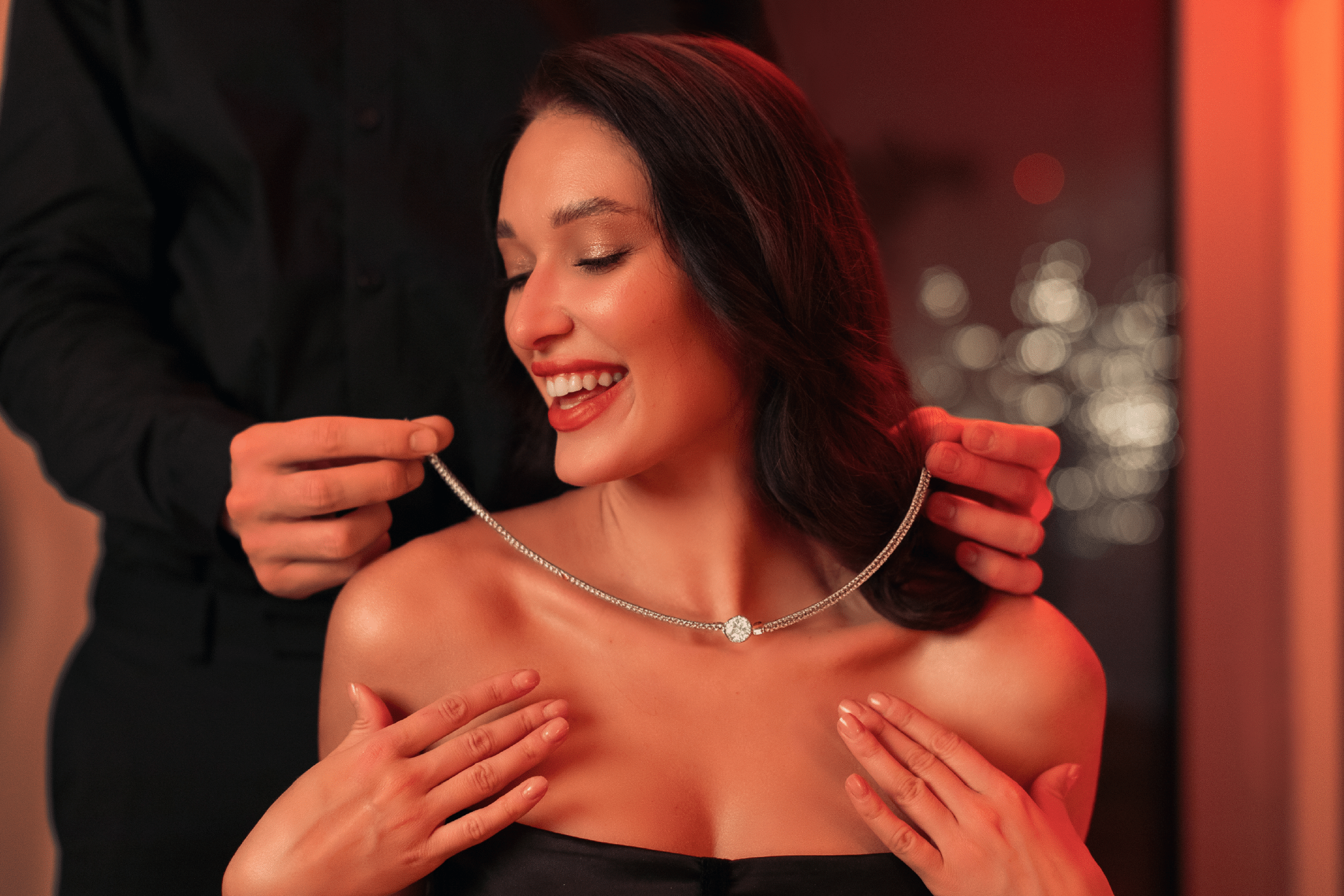Use this post when you’re trying to keep the conversation going on a second date.
We’ve done the research to create your ultimate guide for what to wear on a first date.
You can do this. Be brave, find the right moment, and tell them you’re interested.
The missing piece is rarely effort or opportunity. More often, it’s self-acceptance.
Keep the conversation flowing smoothly and maintain a comfortable atmosphere.
A helpful guide on the do’s and don’ts to make a casual experience respectful, safe, and enjoyable.
Many high-achieving professionals experience a surprising confidence gap between their work life and their personal life.
Love may not have a price tag, but many Americans find themselves opening their wallets to show they care.
By breaking free from hyperindependence, you can build connections that are stronger.










